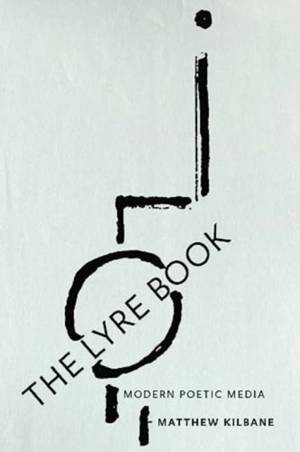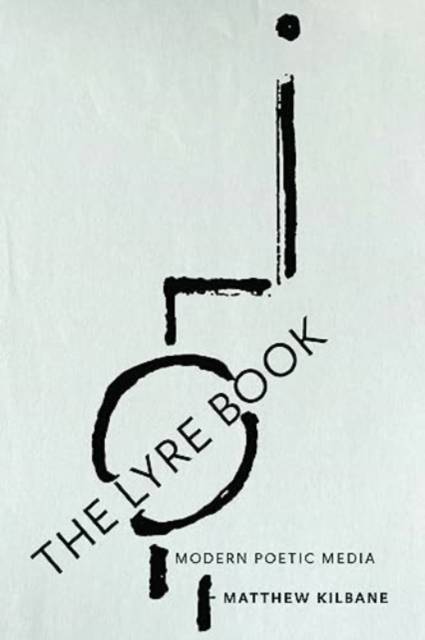
- Retrait gratuit dans votre magasin Club
- 7.000.000 titres dans notre catalogue
- Payer en toute sécurité
- Toujours un magasin près de chez vous
- Retrait gratuit dans votre magasin Club
- 7.000.0000 titres dans notre catalogue
- Payer en toute sécurité
- Toujours un magasin près de chez vous
Description
Redefines modern lyric poetry at the intersection of literary and media studies.
In The Lyre Book, Matthew Kilbane urges literary scholars to consider lyric not as a genre or a reading practice but as a media condition: the generative tension between writing and sound. In addition to clarifying issues central to the study of modern poetry--including its proximity to popular song, hallowed objecthood, and seeming autonomy from historical determination--this revisionary theory of lyric presents a new history of modern US poetry as one sonorous practice among many clamorous others.
Focusing on the mid-twentieth century, Kilbane traces the impact of new sound technologies on a diverse array of literary and musical works by Lorine Niedecker, Harry Partch, Louis and Celia Zukofsky, Sterling Brown, John Wheelwright, Langston Hughes, Marianne Moore, Russell Atkins, and Helen Adam. Kilbane shows how literary critics can look to media history to illuminate poetry's social life, and how media scholars can read poetry for insight into the cultural history of technology. In this book, the lyric poem emerges as a sensitive barometer of technological change.
Spécifications
Parties prenantes
- Auteur(s) :
- Editeur:
Contenu
- Nombre de pages :
- 344
- Langue:
- Anglais
- Collection :
Caractéristiques
- EAN:
- 9781421448121
- Date de parution :
- 27-02-24
- Format:
- Livre broché
- Format numérique:
- Trade paperback (VS)
- Dimensions :
- 152 mm x 229 mm
- Poids :
- 508 g

Les avis
Nous publions uniquement les avis qui respectent les conditions requises. Consultez nos conditions pour les avis.






